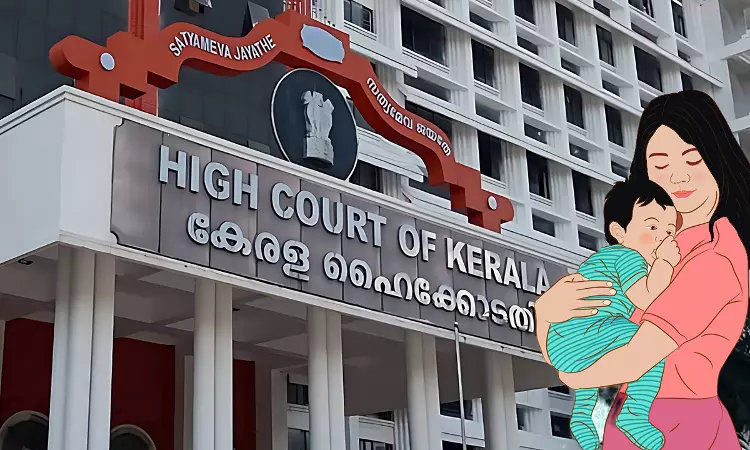Mother Can't Be Denied Child's Custody Merely Because She Is Relocating Abroad For Better Job: Kerala High Court
Navya Benny
22 Sept 2023 12:45 PM IST

Next Story
22 Sept 2023 12:45 PM IST
The Kerala High Court has held that a mother cannot be denied sole guardianship and custody of a minor child merely on the ground that she is relocating to another country for better job opportunities and fortune.The Division Bench comprising Justice A. Muhamed Mustaque and Justice Sophy Thomas noted that merely because there is a parental battle for custody of the child, the same did not...
